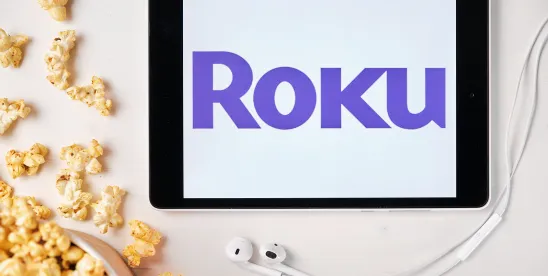The Michigan Attorney General has filed a complaint against Roku, a popular TV content platform, alleging, among other things, violations of the Children’s Online Privacy Protection Act and the Video Privacy Protection Act (and a similar Michigan law). As most are aware, COPPA requires prior parental consent before collecting information from children online. It gives standing to both the FTC and to states’ attorneys general, but no private right of action. Most cases brought since COPPA’s passage have been brought by the FTC, however, and not by states. This current Michigan case comes after a group of 43 states, including Michigan, sent a letter to the FTC urging it to strengthen and update its COPPA Rule.
In this lawsuit, Michigan claims that Roku collected children’s names, device IDs, locations, voice recordings, and other personal information without getting parental consent. Roku also shared this information with advertisers and data brokers to serve targeted ads to children. This activity occurred on the kids and family channel of Roku, and other areas of the Roku service that were targeted to children. Unlike competitors’ services, the complaint alleges, Roku does not have the ability to create child profiles, which profiles would have permitted parents to moderate and control their children’s use of the services.
According to the Michigan AG, Roku knew that it was collecting personal information from children, and was an operator of an “online service” as defined by COPPA. As such, it should have gotten parental consent from parents before collecting and sharing personal information from children. It also should have had appropriate notice of these practices in its privacy policy as contemplated under COPPA. The AG also alleged violations of the state’s unfair and deceptive trade practice laws, as well as counts relating to VPPA as – it alleged – Roku is a video tape service provider under that law, which impacts the ability to disclose information about people’s viewing habits to third parties.
Putting it Into Practice: For companies that are directed to or have actual knowledge of collecting information online from children under 13, this case is a reminder that state attorneys general can bring COPPA cases. We may see other, similar, actions in the future. It also suggests what AGs will view as an “online service” under the law, beyond a mere website.
Listen to this post
James O'Reilly also contributed to this article.




 />i
/>i

